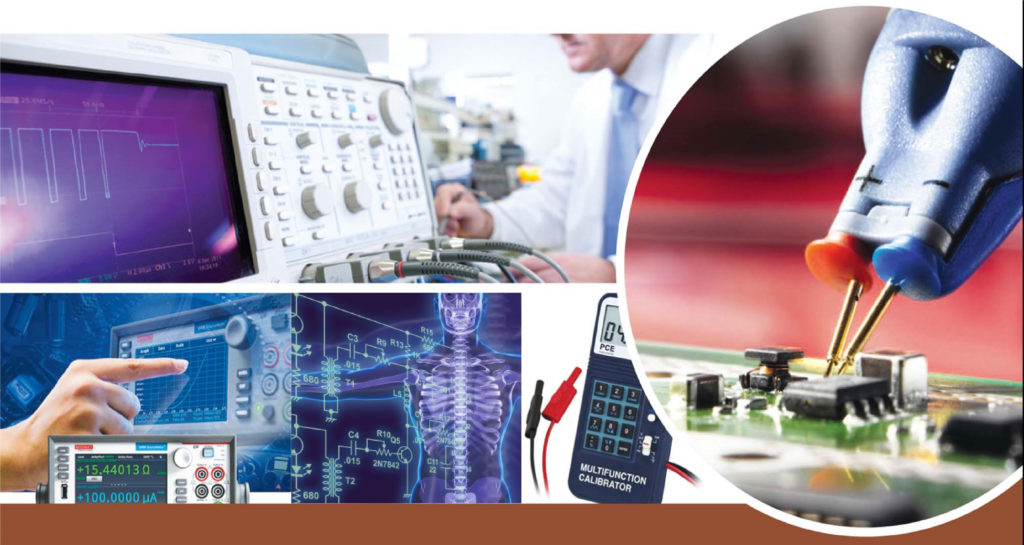The UMES Biomedical Engineering program produces graduates who are expected to achieve the following objectives within a few years after graduation:
- Objective 1: Work as a technically competent engineer at the professional level in industry, government agencies or pursue graduate studies by drawing upon their biomedical science and engineering foundations.
- Objective 2: Effectively work on industry or government engineering project teams.
- Objective 3: Be engaged as an effective member of the engineering profession as it relates to and interacts with the global society.
- Objective 4: Actively take steps to remain current with advancing engineering tools and technologies.
Student Learning Outcomes:
Engineering program graduates will be able to demonstrate the following outcomes or competencies:
- an ability to identify, formulate, and solve complex engineering problems by applying principles of engineering, science, and mathematics
- an ability to apply engineering design to produce solutions that meet specified needs with consideration of public health, safety, and welfare, as well as global, cultural, social, environmental, and economic factors
- an ability to communicate effectively with a range of audiences
- an ability to recognize ethical and professional responsibilities in engineering situations and make informed judgments, which must consider the impact of engineering solutions in global, economic, environmental, and societal contexts
- an ability to function effectively on a team whose members together provide leadership, create a collaborative and inclusive environment, establish goals, plan tasks, and meet objectives
- an ability to develop and conduct appropriate experimentation, analyze and interpret data, and use engineering judgment to draw conclusions
- an ability to acquire and apply new knowledge as needed, using appropriate learning strategies
BME-specific Outcomes
- Applying principles of engineering, biology, human physiology, chemistry, calculus-based physics, mathematics (through differential equations), and statistics.
- Solving bio/biomedical engineering problems, including those associated with the interaction between living and non-living systems.
- Analyzing, modeling, designing and realizing bio/biomedical engineering devices, systems, components, or processes;
- Making measurements on and interpreting data from living systems.



